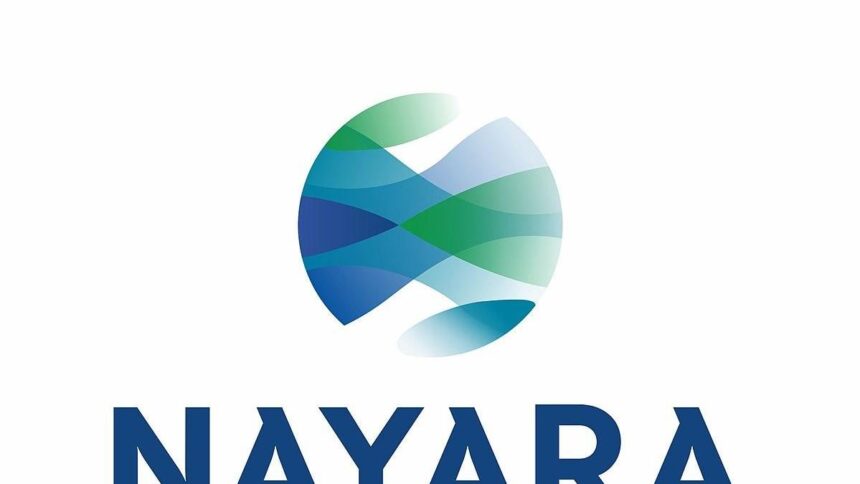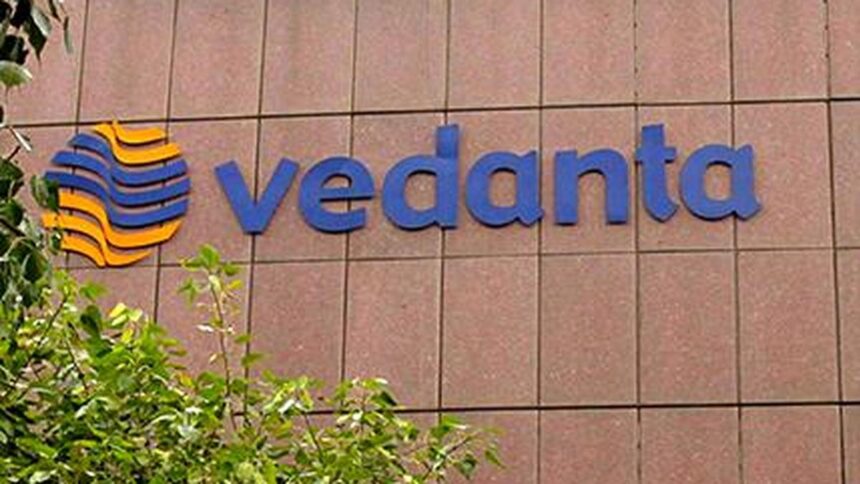Venture-backed Indian startups raised over ₹44,000 crore ($5.3 billion) in FY25 from public markets via IPOs, FPOs, and QIPs, marking a structural shift in startup fundraising lifecycle in India.
According to investment bank Rainmaker Group’s RainGauge Index FY25 Annual Update, public markets outpaced private capital for late-stage fundraising, solidifying their role as the dominant source of growth capital. The money raised from public markets was two times more than private late-stage capital.
The year also saw a record ₹20,000+ Crore in secondary exits as PE/VC firms like Peak XV and TPG harvested early bets through block and bulk deals.
“FY25 didn’t just test India’s startup listings, it matured them,” said Kashyap Chanchani, Managing Partner, The Rainmaker Group.
“The public market has become the preferred playground for India’s breakout companies. We’ve now seen the full arc – the IPO frenzy, the valuation winter, and now a clear re-rating driven by fundamentals. This is the age of seasoning. The market is no longer listening to stories, it’s pricing in substance. India’s innovation economy has hit a new gear, one where companies with predictable earnings, durable moats, and institutional-grade governance will dominate,” he added.
The report also noted that despite the early-year correction and record FII outflows [around ₹78,000 Crore in Q1], foreign investors returned strongly by Q4, driven by rate-cut expectations and India’s steady macro indicators.
The year witnessed Zomato joining the NIFTY50 and SENSEX, Swiggy entering the NIFTY Next 50, and Nykaa, PB Fintech, Ola Electric inducted into the NIFTY MidCap150.
“With IPOs no longer delivering inflated valuations or easy exits, startups will have to align with public market expectations much earlier in their lifecycle,” said a statement from the company.
“Sector-specific valuation guardrails are firmly in place with two-year forward EV/EBITDA multiples now providing structured lenses across internet, SaaS, BFSI, and consumer brands. Analyst-grade metrics, unit economics, transparency, and sustainable growth stories will need to be baked in from day one. Startups must now build with capital efficiency, narrative credibility, and governance readiness and not just valuation hype,” it further read.
Published – July 21, 2025 10:43 pm IST























